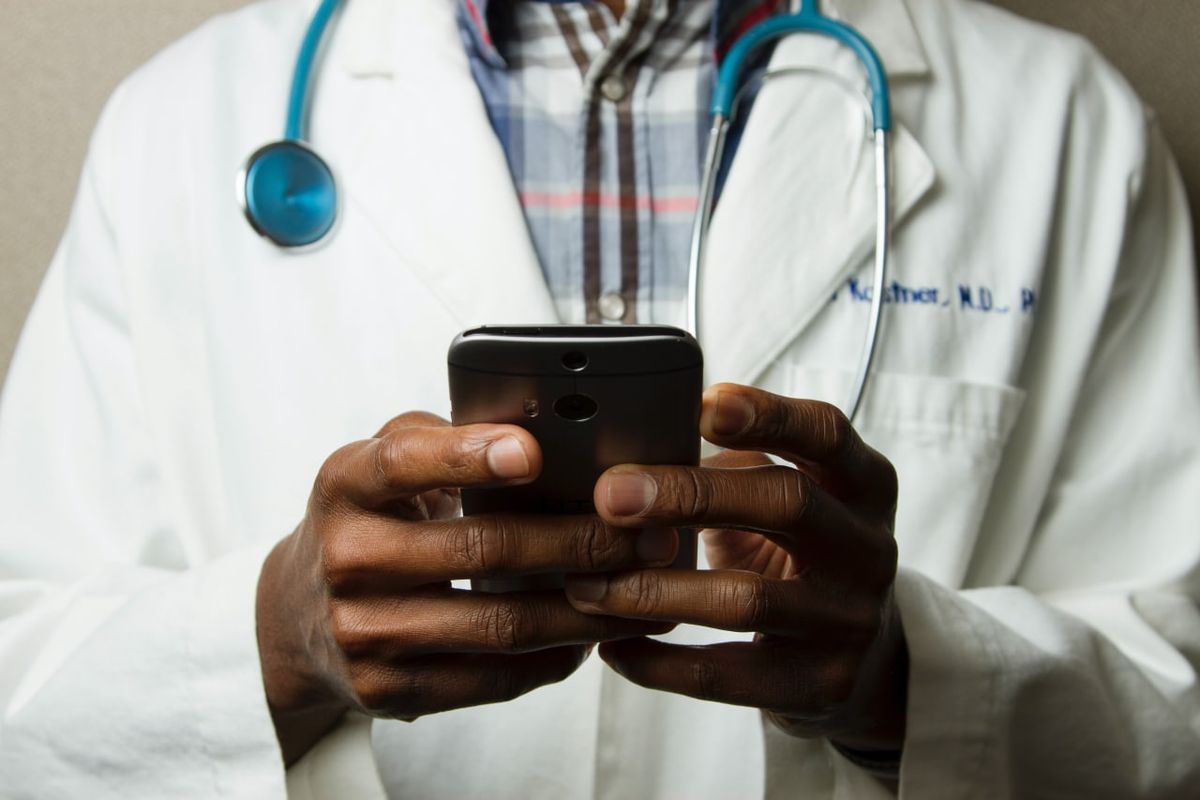Healthtech startup report prompts $7m initiative by Bill and Melinda Gates Foundation and others
The Pan-African “Investing in Innovation” program will provide grants and commercialization support to 60 healthtech companies over two years

A consortium of global and continental organisations, with funding from the Bill and Melinda Gates Foundation, have announced the launch of a $7 million pan-African initiative named "Investing in Innovation" (I3).
The program will provide 60 promising early and growth-stage companies with risk-tolerant grants alongside commercialization support to power their impact at scale.
Investing in Innovation (I3), is coordinated by Salient Advisory, SCIDaR, and SouthBridge A&I and is operationalized with CCHub, Startupbootcamp, IMPACT Lab, and Villgro Africa.
The initiative targets companies that offer data-driven distribution of medicines, consumables, medical devices, assistive technologies, and medical waste in African health care systems.
The organisations investing in the initiative include the Bill & Melinda Gates Foundation, alongside Merck Sharp & Dohme (MSD), the World Health Organisation Regional Office for Africa, AUDA-NEPAD, and AmerisourceBergen.
The lineup of investors includes a unique coalition of donors, to provide risk-tolerant grant financing; major industry players, market access, and partnerships that enable scale, and African institutions, development support in understanding and engaging with policy, regulation, and governmental institutions.
Cheikh Oumar Seydi, Director, Africa, at the Bill and Melinda Gates Foundation, commented, “African health innovators have shown increasing capacity to leverage technology to optimise supply chains and advance access to medicines. Such local innovations have the potential to change how supply chains and health systems function – and it is time to support them. We are pleased to be collaborating with strong global and continental partners to jointly strengthen African health systems and accelerate progress towards universal health coverage.”
Dr. Abdullahi Sheriff, AVP, Global Market Access, Sustainable Access Solutions at MSD said, “there has been considerable progress in tech-driven innovation in health product distribution across Africa. Spurring and scaling disruptive innovation in the health supply chain is key to expanding access to medicines for all. That’s why we, at MSD, are excited to collaborate on the i3 program.”
Dr. Janet Byaruhanga, Senior Programme Officer - Health at AUDA-NEPAD also commented, “The COVID-19 pandemic demonstrated the capacity of African innovators to leverage tech-enabled solutions to transform medicine distribution. AUDA-NEPAD will continue to leverage its mandate and comparative advantage to foster partnerships that strengthen the evidence, deploy innovation, enhance policy environments and facilitate critical investments while creating valuable and high-impact jobs across the continent.”
Commenting on the launch of the report and the I3 program, Director of Salient Advisory, Remi Adeseun stated, “There has been considerable progress over the past year as supply chain innovations work to enhance access to quality medicines. Our report provides investors, donors, and governments with actionable recommendations on engagement strategies to advance companies’ growth and impact. With funding from the Bill and Melinda Gates Foundation, along with our esteemed partners, we are excited to be launching the Investing in Innovation program to connect promising companies to customers who can power their impact and scale.”
Investing in Innovation (i3) was spurred by the findings made by Healthcare consulting firm Salient Advisory in its latest market intelligence report. The report titled the ‘Innovations in Digitising Distribution of Health Products’, highlighted the innovations, progress, and potential of African health-tech start-ups in the supply chain.
Tech-enabled approaches to digitising medicine distribution to underserved pharmacies, drug shops, clinics, and hospitals, pioneered by companies such as Lifestores, Maisha Meds, and Shelf Life, recorded rapid growth in the past year, mirroring trends seen in B2B e-commerce on the African continent.
Innovators are also demonstrating an increasing interest in powering rural supply chains, improving the availability of medicines, and bolstering the resilience of supply chain operations.
Investor interest has also been strong; 36% of all-time funding reported by health care supply chain innovators profiled was raised in the last 12 months. However, exclusionary funding trends remain entrenched: only 2% of recent funding was raised by Black, women founders, a total of just $1.6 million in 2021.
The report profiled more than 80 HealthTech innovators in Kenya, Uganda, Ghana, and Nigeria.
Applications for the first cohort of 30 companies are now open. Applications will close in mid-August. Startups working in health product distribution across Africa are invited to apply for the program.






